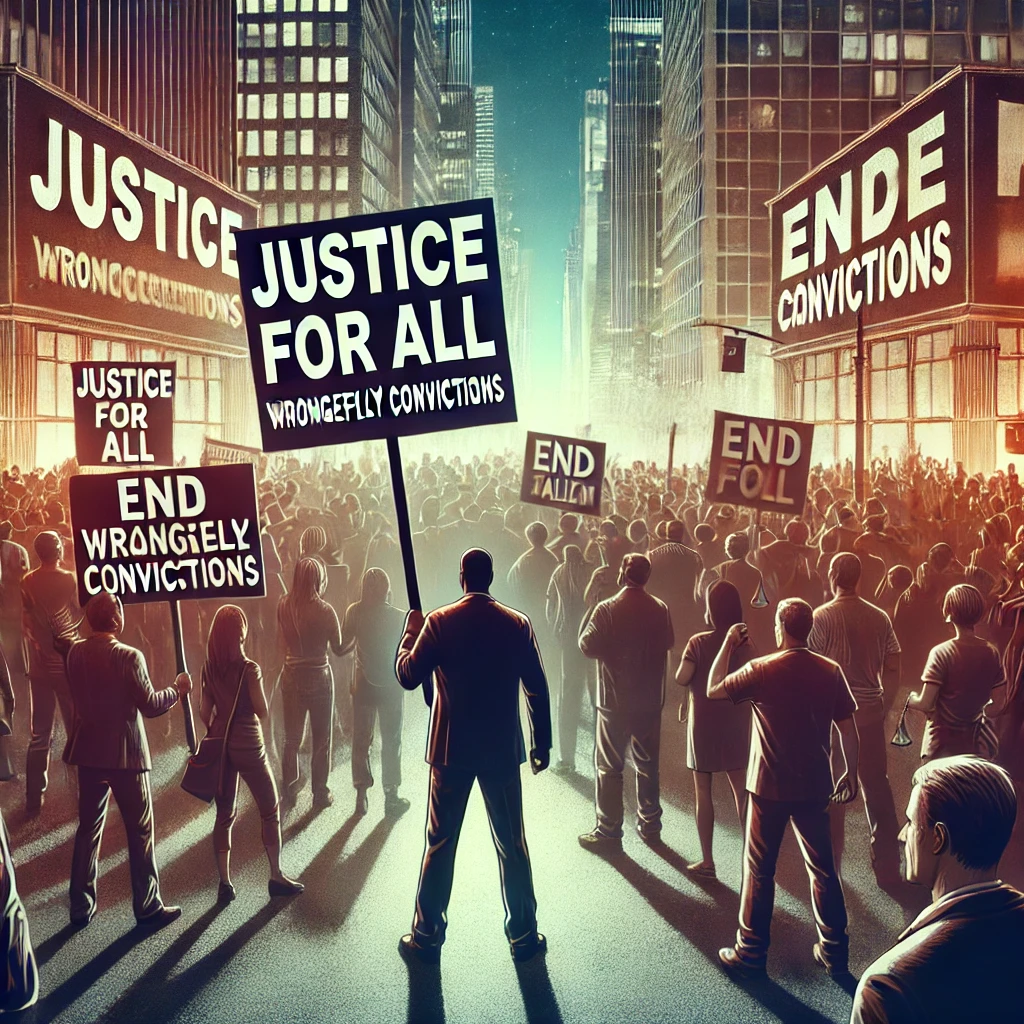On October 4, 2011, a significant milestone in the pursuit of justice was achieved when a man wrongfully convicted of murder was exonerated after serving 25 years in prison. This landmark case highlighted the critical role of DNA evidence in the American legal system and underscored the ongoing issues of wrongful convictions, ultimately raising awareness about the need for reform in criminal justice practices.

The Case of John Restivo
John Restivo, along with his co-defendant, was convicted in 1996 for the murder of 16-year-old Michelle Tocco in New York. The prosecution’s case was primarily based on flawed witness testimonies and circumstantial evidence. Throughout the years, Restivo maintained his innocence, asserting that he had been wrongfully accused. Despite his protests and lack of physical evidence linking him to the crime, he was sentenced to 25 years to life in prison.
As technology advanced, the potential for DNA testing to provide clarity in such cases became apparent. After numerous legal battles and the tireless efforts of advocates and attorneys, Restivo’s case was reopened, and DNA evidence was finally tested. The results definitively excluded both Restivo and his co-defendant as contributors to the biological evidence found at the crime scene, leading to the re-evaluation of their convictions.

The Role of DNA Evidence
The exoneration of Restivo serves as a powerful testament to the importance of DNA evidence in ensuring justice within the legal system. DNA testing has become a crucial tool in addressing wrongful convictions, providing definitive proof of innocence or guilt that can overturn flawed verdicts. Restivo’s case exemplifies how advancements in forensic science can correct past mistakes, offering a glimmer of hope for those who have suffered due to wrongful convictions.
In the wake of this exoneration, the case sparked conversations about the broader implications of relying on witness testimonies and circumstantial evidence. The public began to recognize the limitations and potential biases inherent in eyewitness accounts, prompting discussions about the need for reform in investigative and prosecutorial practices.
A Call for Criminal Justice Reform
Restivo’s exoneration highlighted systemic issues within the criminal justice system, particularly concerning the treatment of individuals accused of serious crimes. The case underscored the urgent need for reform to prevent future wrongful convictions, including better training for law enforcement, improved standards for evidence collection, and the implementation of safeguards to protect the rights of the accused.

Advocacy groups and legal experts have since called for legislative changes to ensure that similar injustices do not occur in the future. The establishment of conviction integrity units in prosecutors’ offices has gained traction, with the goal of reviewing past convictions to identify and rectify wrongful cases. Restivo’s story became a rallying point for reform advocates, emphasizing the need for transparency and accountability in the justice system.
The Impact on Restivo and Society
For John Restivo, the exoneration was a moment of both relief and heartache. After spending a quarter of a century in prison for a crime he did not commit, he faced the daunting challenge of reintegrating into society. The emotional toll of wrongful imprisonment and the stigma attached to his conviction were significant hurdles, but Restivo emerged as a powerful advocate for others wrongfully convicted.
Restivo’s case has since served as an inspiration for those fighting against wrongful convictions. It highlights the importance of perseverance in the face of injustice and the need for continued vigilance in the pursuit of truth. His story resonates with many, drawing attention to the plight of individuals who have been wrongfully incarcerated and reinforcing the belief that justice can prevail, even in the most challenging circumstances. The lessons learned from Restivo’s experience continue to inspire advocates, prompting essential conversations about the integrity of the criminal justice system and the need for lasting change.
